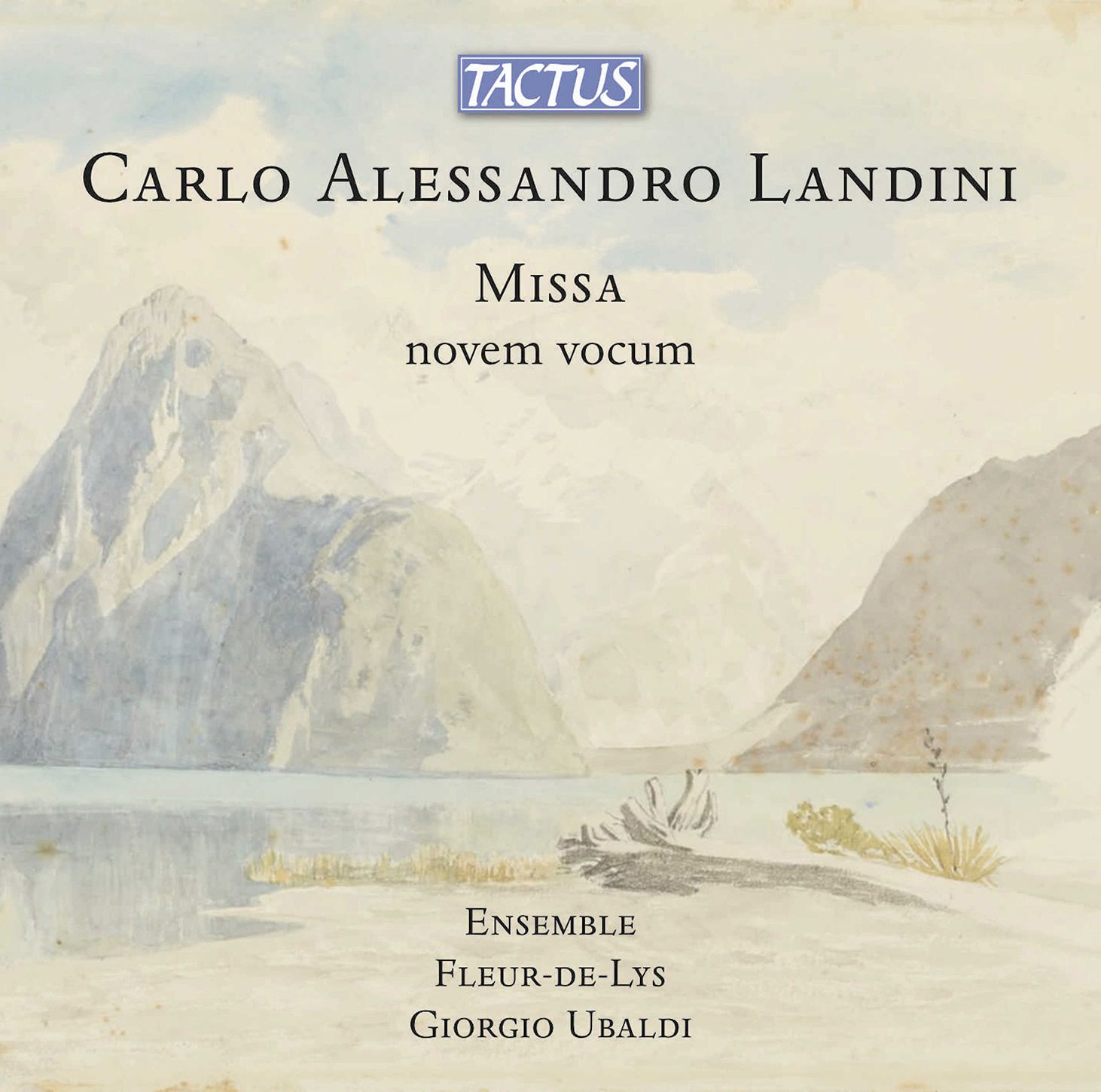Carlo Alessandro Landini's Missa novem vocum

A modern setting of the Mass today. Continuing an age-old tradition of devotion, award-winning Milanese composer Carlo Alessandro Landini (born 1954) Offers a piece that, therefore, sets itself up against the great geniuses of the pass (Beethoven, Verdi, Mozart and a million others).
There is a definite purity to Landini's expression, and it is beautifully conveyed. Listen to the Kyrei eleison (not the first movement, but the third):
Landini uses for his work an acappella vocal group (here the Ensemble Fleur-de-Lys, directed by maestro Giorgio Ubaldi), in a sort of return to the purest essence of musical expression couched within a harmonic basis that is modern without being invasive. This is modernity from the heart.
Interesting taht Landini places the Kyrie third. There's an Introitus before itm, then a restrained "Gloria Patri". Listen to how Landini's counterpoint is almost conspiratorial in nature, as if the voices whisper secrets:
The Credo has an ethereal, lightweight quality beautifully rendered by the Ensemble Fleur-de-Lys. There seems to be little forcing of a need for belief here:
The booklet notes, by Andrea Bedetti, are challenging but worth it. For once, there is no sense (at all!) of dumbing fown, so make sure you know your Spinoza from your Bachofen! Although he does sum up Landini's music well:
Let’s be upfront: in Carlo Alessandro Landini’s musical conception, any temptation leading to “easy listening “experience is banned, ostracized, warded off ... No access is ever given by Landini to those melodic and consonant dynamics capable of bringing his creative idiom on an easy-going downhill road. The music of this Milanese composer, just to use a term referring to cycling, is made for climbers, not for sprinters.
If one were to sum up Landini's harmonies, perhaps "modernist modality" might be a working phrase. The usic tends to float, to be less directed than traditional tonality. Within this Landini inserts his own gestures - the swooping descent of the opening of the Credo, for example (this is the longest movement, at nearly 20 minutes):
Which isn't to say there's no traditional harmony here: the arrival at the end of the Sanctus, for example:
And while this might all sound very serious, Landini shows a real light touch, even exuberance, in the shortest movement by far, the slip of a Gratias agimus Tibi (just under two minutes duration):
The final Benedicamus Dominum seems to my ears to refer more consciously back to the ancient traditions of mass settings. There is a real beauty to this performance - in this movement and in fact throughout - by the Ensemble Fleur-de-Lys. It is clear their director, Giorgio Ubaldi, enjoys a complete understanding of Landini's score - and is also a fine choral trainer:
